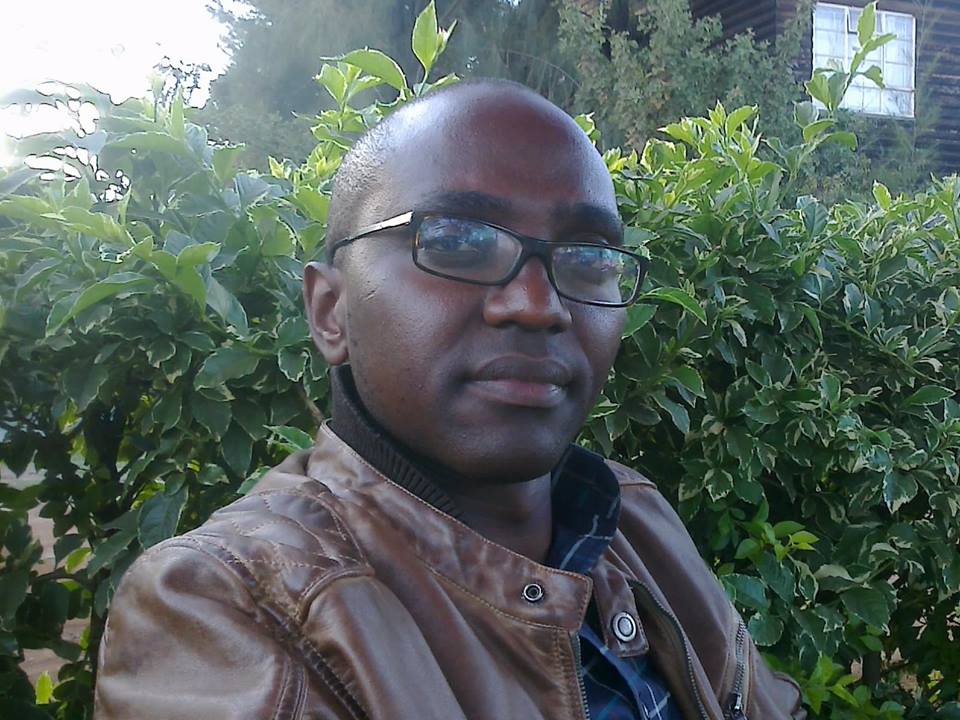This profile is part of a series looking at how data is being accessed and used in developing countries.
Kubai’s demand for data and information
“Evidence is essential in helping us improve how we deliver our services”
Information is vital to MSK’s work – giving people detailed information about sexual health empowers them to make their own choices about family planning. More specifically, Kubai monitors MSK’s programmes so that lessons can be fed into the planning of new projects and advocacy work. He uses data from the clinics to evaluate the impact MSK has on key health indicators within Kenya, and also to provide evidence that greater attention is needed from government and donors on reproductive services. He also uses wider health service information to identify which resources are going where in order to better direct, prioritise and design MSK’s work.
Examples of Kubai’s data use
- Using data to strategically shape programmes to help those most in need: Kubai and the team at MSK use data to carry out situation analyses in many geographical areas, which determine the demographics and public services available. This information is used to identify communities that are not currently receiving services so that MSK can target their services to meet their needs.
- Using data to ensure resources are used effectively: Kubai collects data about the services offered by other healthcare providers in order to prevent a concentration of services in one area and a duplication of efforts. This means that MSK’s resources can be used more efficiently, and it also means that they can remain competitive and provide a valuable service to those who need it.
- Using data to advocate for better reproductive healthcare: MSK uses anonymised health data collected at clinics to write reports about the problems arising from lack of reproductive healthcare, both for individuals and communities. These have been used by the government, and as a result the Ministry of Health has supported MSK in strengthening Amua family planning clinics. The Amua clinics make reproductive healthcare affordable in communities where the service is needed most. Health information is also given to citizens through radio shows, explaining the importance of contraception and dispelling concerns raised by patients at the clinics.
Challenges to Kubai having better information
Often important information from other healthcare providers is not made publically available. This makes it harder for Kubai to understand where the unmet need for reproductive healthcare is, and prevents him from learning from the experiences of peers. If the health data collected by other healthcare providers was open, it would allow Kubai to more efficiently target MSK’s projects to ensure sufficient healthcare is available to all those in need of it.
Kubai carries out most of his analysis using MS Excel, however for more complex statistical analysis the SPSS software package needs to be used. Currently much of the MSK’s SPSS data analysis work is conducted by specialised data analysts based in Marie Stopes International’s (MSI) office in London, which leads to a delay in seeing the results and a reliance on those outside of the country. More training in basic data analysis across the staff within MSK would enable all areas of work, from project planning to service delivery, and from advocacy to strategy development, to be more informed and evidence based.
Kubai often has difficulty in gaining access to the information he needs in a timely manner, because bureaucracy – often within the government – slows the process down. Furthermore, the information he gains access to is often incomplete. For example on a government website listing the clinics in Kenya, many were missing and others that had closed were still listed. These factors mean that the information he can acquire is often not up to date and useful.
Download this summary as a pdf
Download Kubai Edward Ikiugu’s full story
Other case studies in this series:
- Using budget data to improve water policy in Nepal
- Using foreign aid data to improve policy making
- Opening public data to improve government transparency in Nepal
- Using information about local development projects to empower citizens in Nepal
- Transforming data into useful information for transparency advocacy in Liberia
- Using public finance data to monitor sub-national resource allocation in Kenya
- Using citizen-generated data to improve school performance in Kenya
